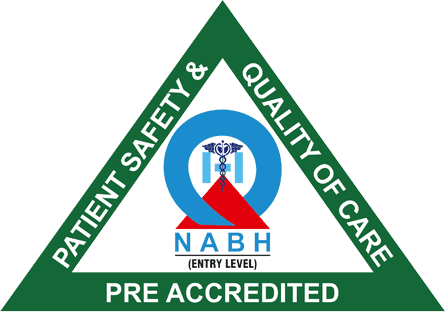What are Cataracts and How Does Surgery Work?
The natural lens of your eye focuses light onto the retina, creating clear vision. Cataracts develop when this lens clouds, leading to blurry vision, glare, and difficulty seeing colours. Cataract surgery is a safe and effective outpatient procedure where the clouded lens is removed and replaced with an artificial IOL.
Traditional IOLs vs. Trifocal Lenses
Monofocal IOLs, the most common type, typically correct distance vision. This means you’ll likely still need reading glasses for close-up tasks. Trifocal lenses, on the other hand, are designed to address this need. These innovative IOLs contain multiple focal points within the lens, aiming to provide clear vision at:
– Near vision: Reading, using a phone, or doing close-up work.
– Intermediate vision: Using a computer or seeing objects at arm’s length.
– Distance vision: Seeing clearly far away.
Benefits of Trifocal Lenses
The potential for spectacle independence is the most significant advantage of trifocal IOLs. Imagine being able to see clearly at all distances without reaching for glasses – reading a book, using your phone, or driving – all with ease. This can significantly improve your quality of life and daily activities.
Who is a Good Candidate for Trifocal Lenses?
Trifocal lenses might only be suitable for some. Here are some factors to consider:
– Age: Younger patients tend to adjust better to trifocal lenses.
– Overall eye health: Pre-existing conditions like corneal disease or macular degeneration might influence your candidacy.
– Lifestyle and visual needs: Trifocal lenses could be a good fit if your job or hobbies require frequent focus changes.
– Realistic expectations: Trifocal lenses aim for improved vision but might only partially eliminate the need for reading glasses in all situations.
Discussing Trifocal Lenses with Iksha Eye Care
At Iksha Eye Care, our ophthalmologists will conduct a comprehensive pre-operative assessment to determine if trifocal lenses are right for you. This includes a detailed discussion of your vision needs, lifestyle, and expectations. We will also explain the potential side effects of trifocal lenses, which include:
– Haloes and Glare: Some patients experience halos or light glare around lights, especially at night. This usually diminishes over time, but it’s crucial to understand this possibility.
– Reduced Contrast Sensitivity: Trifocal lenses slightly decrease your ability to perceive contrast in certain lighting conditions.
Treatment for Watery Eyes After Cataract Surgery
It’s important to note that watery eyes are not a specific side effect of trifocal lenses. This can occur after cataract surgery with any IOL. The good news is that watery eyes are usually temporary and often resolve independently within a few weeks. However, contact Iksha Eye Care immediately if you experience persistent watery eyes after two months. We can assess the cause and recommend appropriate treatment, which might include:
– Eyedrops: Lubricating or anti-inflammatory eye drops can help alleviate irritation and tearing.
– Temporary Punctal Plugs: These tiny plugs inserted into the tear ducts can temporarily block excess tear drainage.
Iksha Eye Care: Your Partner in Clear Vision
At Iksha Eye Care, our commitment is to providing exceptional eye care with the latest technology. Our highly skilled ophthalmologists in Andheri West and Santacruz West are experienced in IOL implantation, including trifocal lenses. We understand the importance of a clear vision and strive to offer personalised solutions that meet your needs and expectations.
Schedule a Consultation Today
If you’re considering cataract surgery and are interested in the potential of trifocal lenses, contact Iksha Eye Care today. We offer comprehensive consultations to discuss your options and answer any questions you may have. Embrace a future of clear vision and newfound freedom from glasses – take the first step towards a brighter future!















